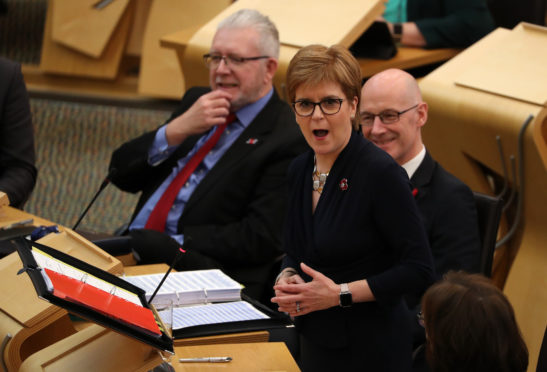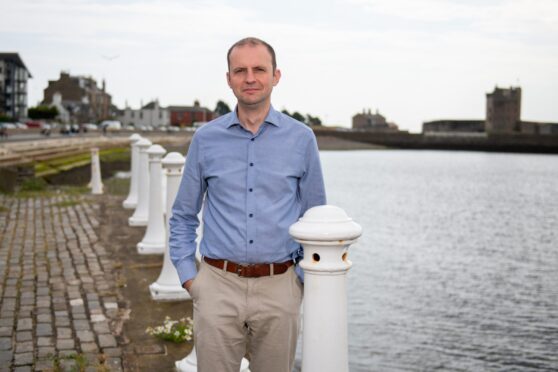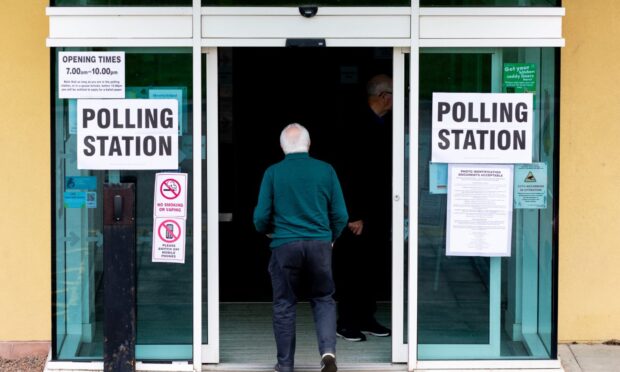A Perthshire MSP has slammed the treatment of NHS Tayside’s oncology team in an ongoing row over cancer dosages.
Liz Smith, Scottish Conservative member for Mid Scotland and Fife, also asked First Minister Nicola Sturgeon what support was being given to the beleaguered health board’s cancer specialists.
The issue was raised at First Minister’s Questions in the Scottish Parliament after The Courier revealed health secretary Jeanne Freeman was made aware of a conflict of interest in a review of breast cancer services at NHS Tayside months before it had to be scrapped.
Ms Sturgeon said: “Assurances have already been provided to patients. Any patient who remains concerned should, of course, contact their general practitioner or NHS Tayside directly. We want to make it absolutely clear that patients should be given the assurance and the confidence that they require.
“It is important that guidance, guidelines and recommendations are followed when it comes to prescribing of medication and drugs. It is vital that is the case here.
“The NHS will continue to discuss this carefully with clinicians. I understand the director of NHS Tayside is in discussion with the Royal College of Physicians on how best to proceed and I am sure the health secretary will be happy to provide any further information.”
Follow our special series at www.thecourier.co.uk/tay
Following First Minister’s Questions, Ms Smith said: “The Tayside breast oncology team have received shocking treatment. In 2016, they audited their practice and noted an unacceptable incidence of side effects impacting on their ability to deliver optimum treatment to their patients, despite following a recommended guidance.
“The group carried out a review to see how they could deliver a regiment effectively but safely and it was decided to cap the dose of docetaxel. An internal review by NHS Tayside then completely exonerated the medical oncology team.
“The two breast cancer patients who have been in touch with me raised concerns that they had not been provided with full and transparent information about why they had received lower dosages of the drugs prescribed in their treatment.
“They made clear they were not complaining about the oncology team but were very anxious about the poor communication between themselves and NHS Tayside.”











